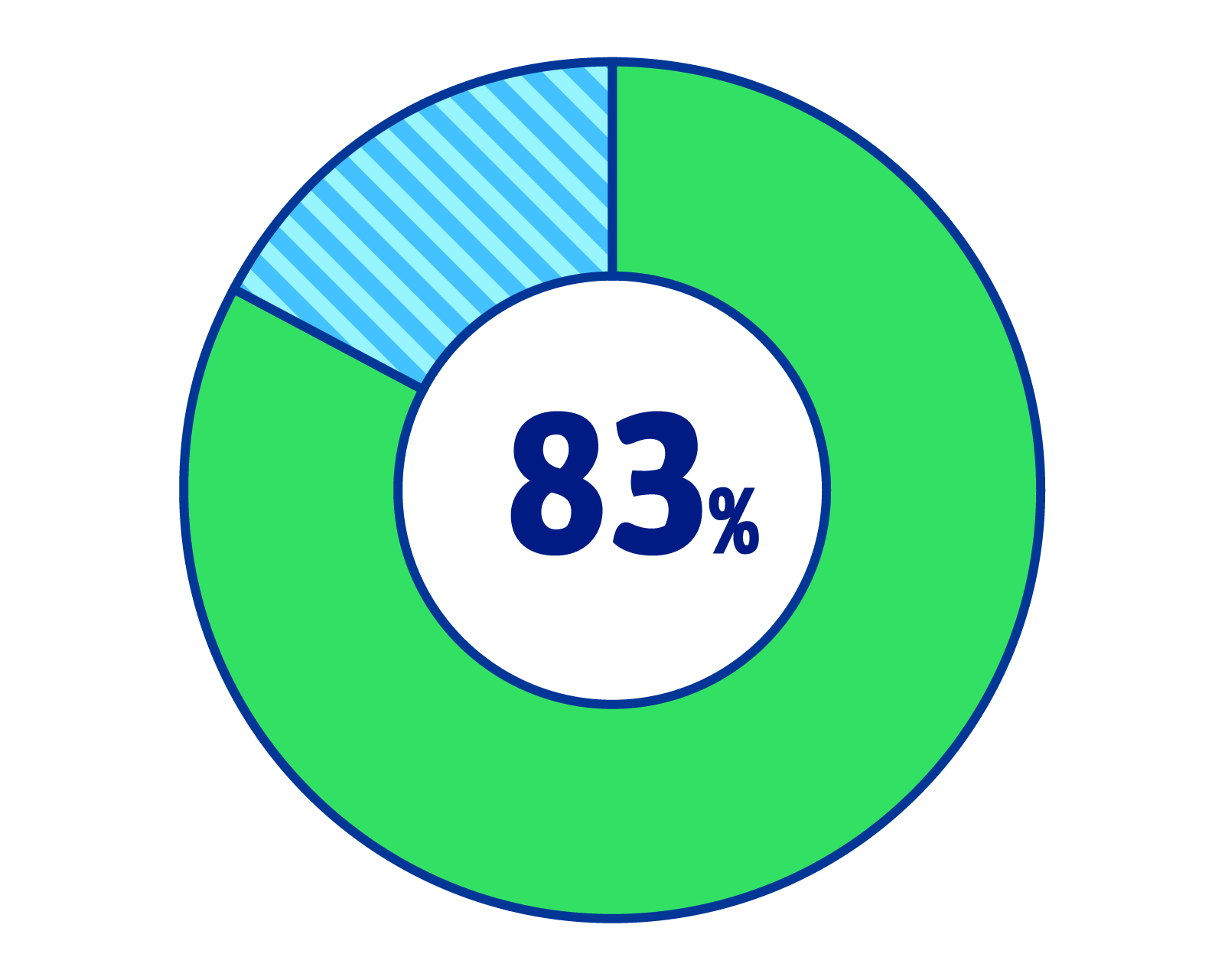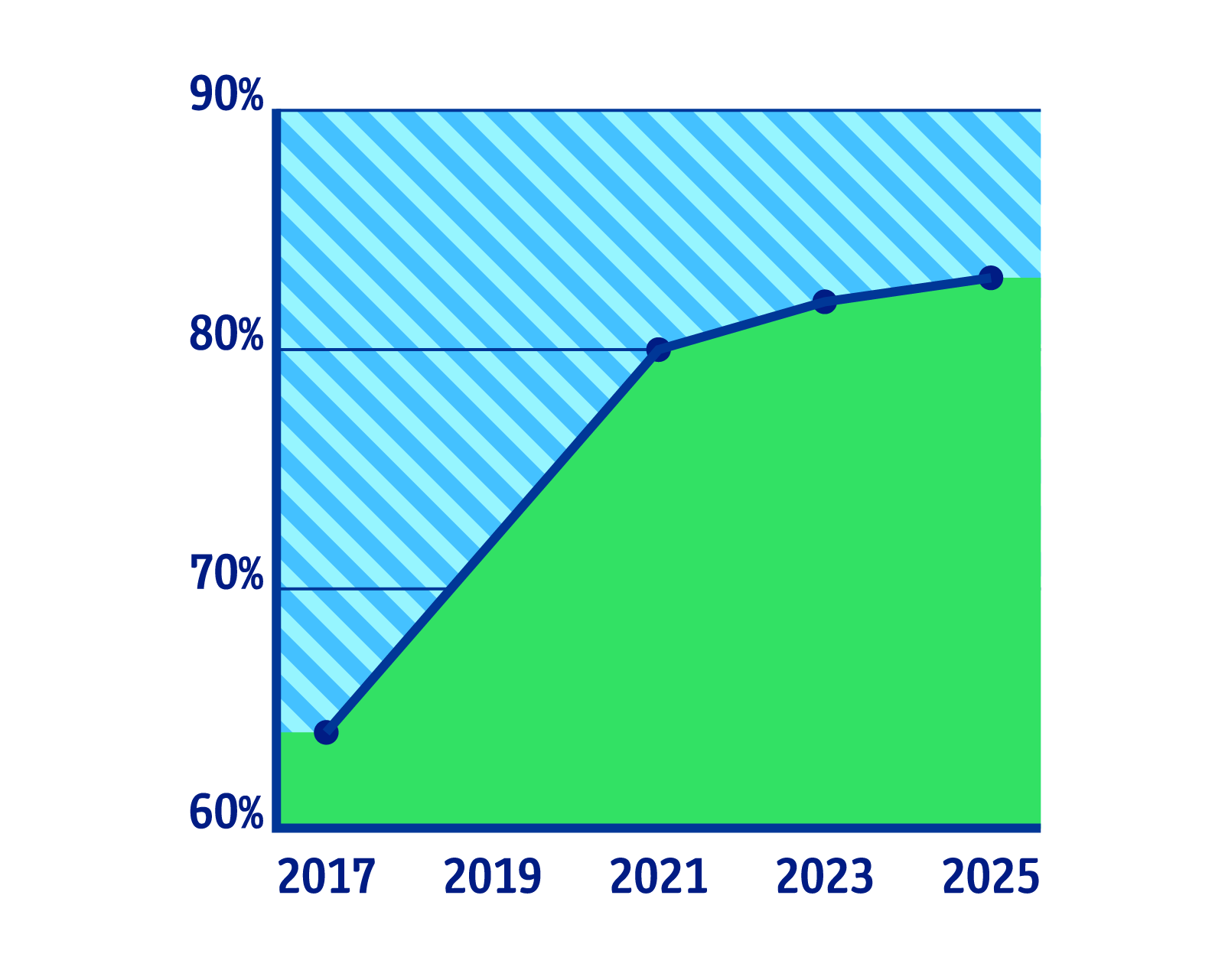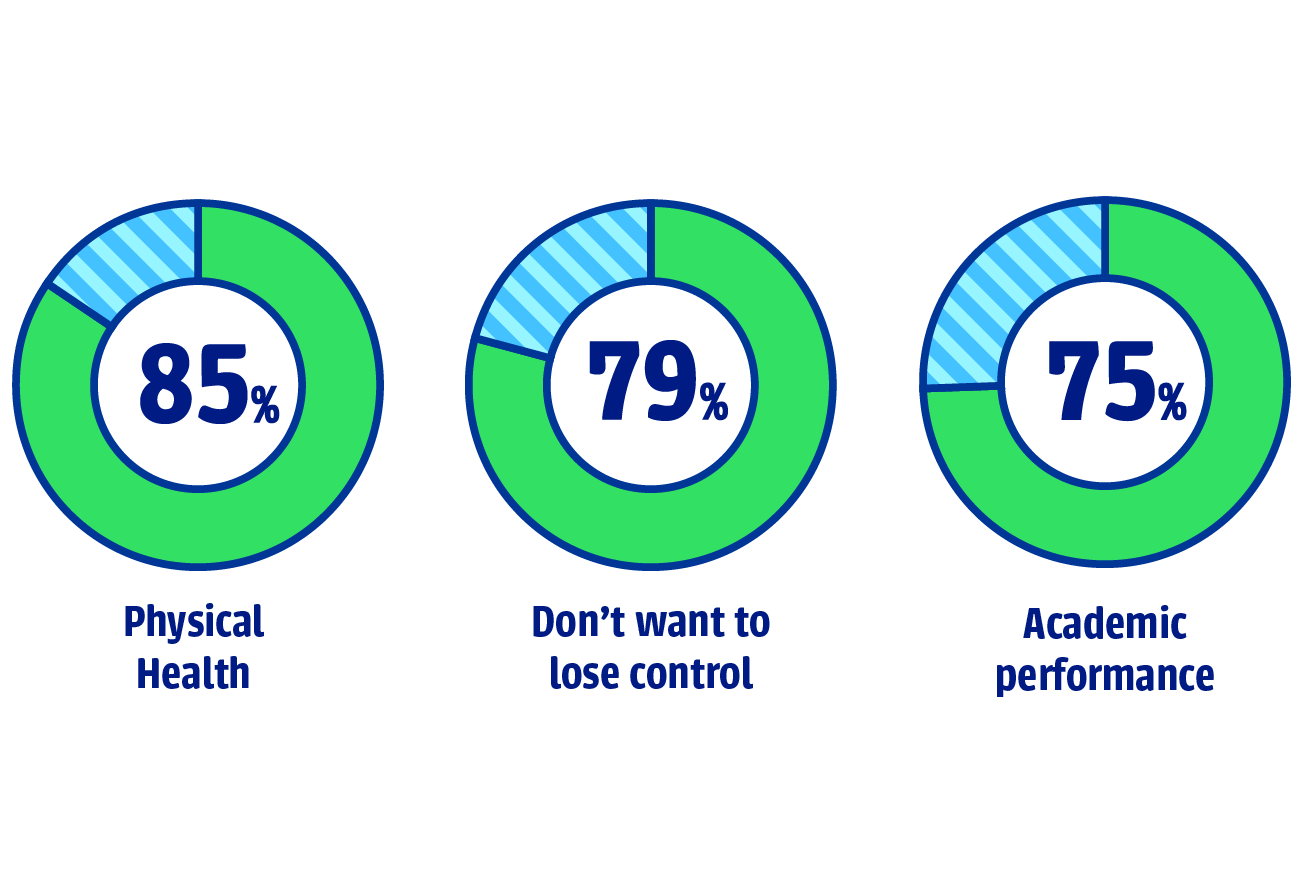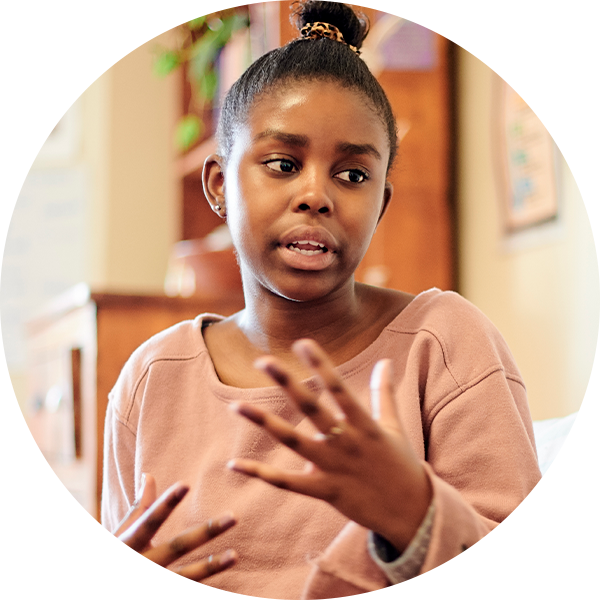
Think before you drink!
Alcohol affects your brain, liver, and heart—and that’s just the start. It can mess with your mood, your relationships, and your future goals. The effects don’t just impact you, they can hurt your family and friends too.
Let’s be real about alcohol so you can make informed decisions.
Our survey results* help us guide our approach.
In April 2025, students in Meriden Public Schools grades 6–12 participated in the Youth Voices Count Survey* on youth lifestyles, substance use, mental health, related risk and protective factors. THE OVERALL RESPONSE RATE WAS 79%.
The pressure to drink is real. Here’s how to handle it.
 |
Trust your gut: If things get weird or uncomfortable, it’s totally okay to exit the situation. |
|---|
 |
Keep it confident:
Say “I’m good” or “Not tonight” without feeling like you need to explain yourself. |
|---|
 |
Plan ahead:
Think of your responses before you go so you’re ready when someone offers you a drink. |
|---|
 |
Choose your crew:
Stick with friends who respect your choices and won’t pressure you to drink. |
|---|
 |
Suggest alternatives: Say “Let’s grab food instead,” or suggest other fun activities that don’t involve alcohol. |
|---|
 |
Never drive impaired:
The consequences can be extreme—jail, injury, or worse. It’s never worth the risk. |
|---|










